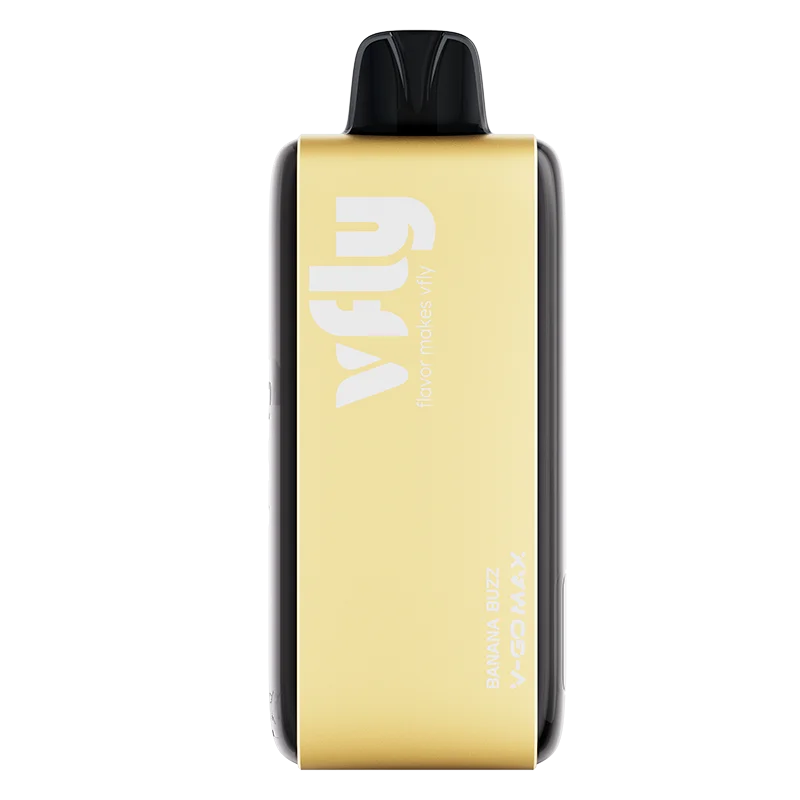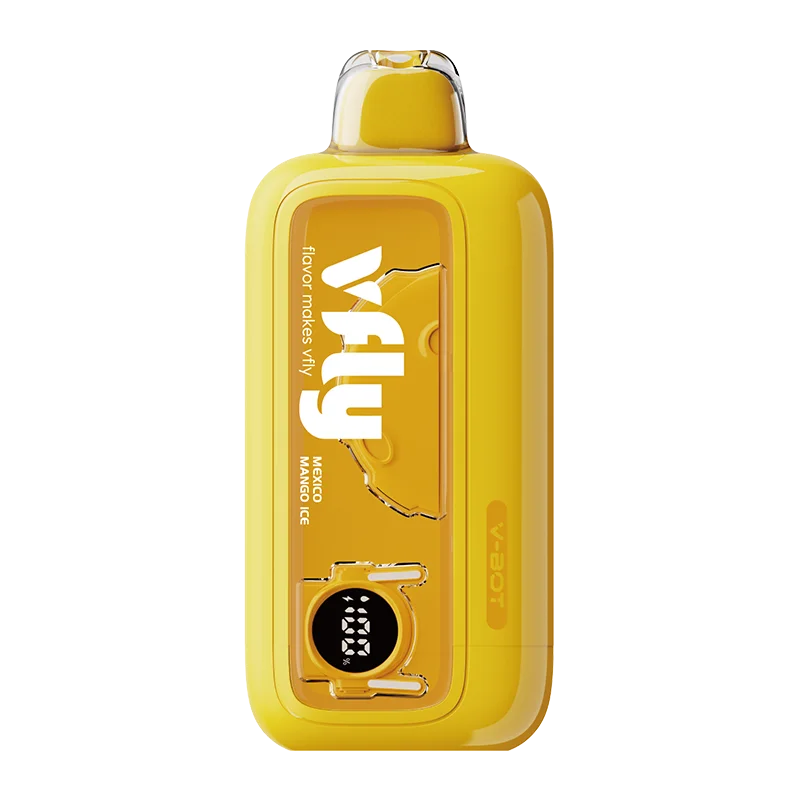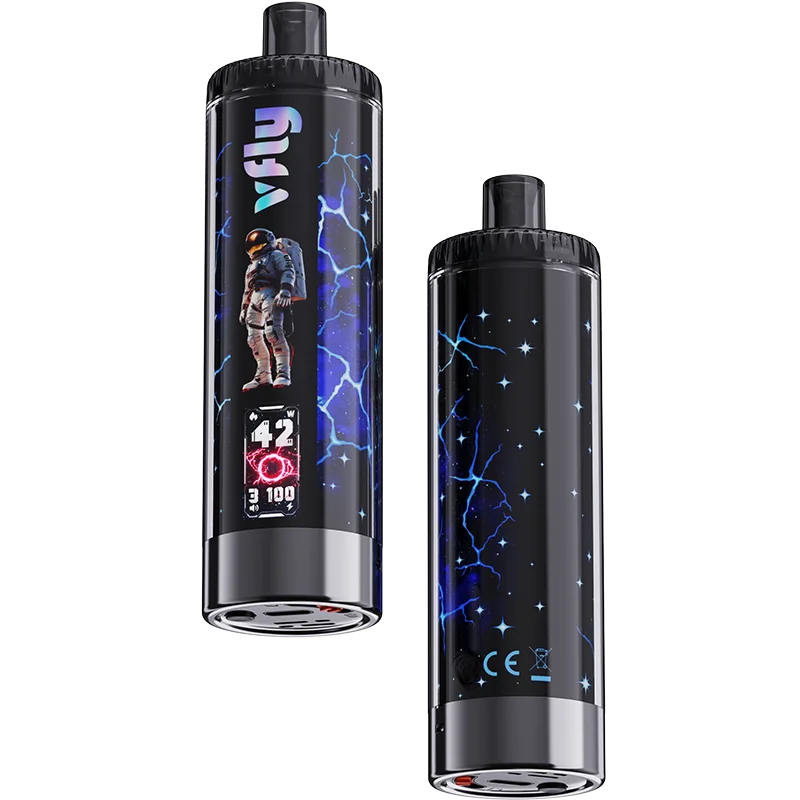Are Nicotine Free Vapes Safe?
As the vaping industry continues to evolve, the popularity of nicotine free vapes has surged. Many users opt for these devices in an attempt to reduce or eliminate their nicotine intake, while still enjoying the experience of vaping. But with this growing trend comes the question: Are nicotine free vapes safe?
This article will address the key considerations surrounding nicotine free vapes, their potential risks, and what consumers should know before choosing them.
What Are Nicotine Free Vapes?
Nicotine free vapes, also known as "zero-nicotine" or "nicotine free e-cigarettes," are vaping devices that do not contain nicotine. These vapes use a liquid known as e-juice or vape juice, which can come in a variety of flavors. The e-juice is heated to produce vapor that users inhale, providing the sensation of smoking without the addictive substance nicotine.
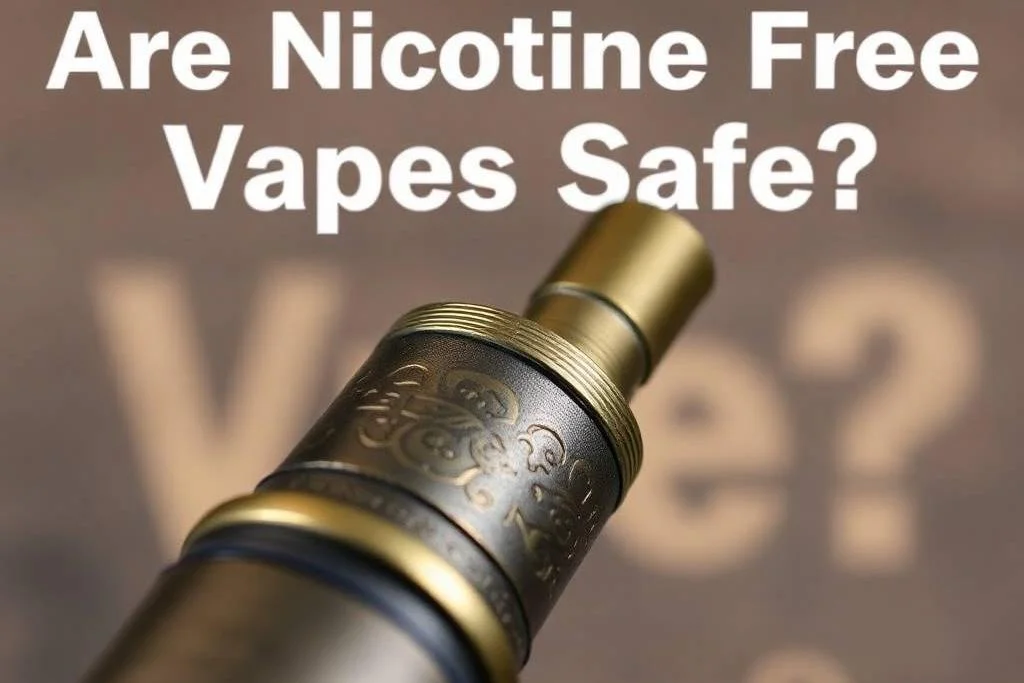
Are Nicotine Free Vapes Safe?
While nicotine free vapes eliminate one of the most harmful components of traditional cigarettes — nicotine — they are not without potential health risks. The safety of these devices largely depends on their ingredients, the quality of the product, and the manner in which they are used.
1. The Ingredients in Vape Juice
Most e-liquids contain a combination of the following ingredients:
- Propylene Glycol (PG): A common substance used in e-liquids to produce vapor. While generally considered safe for ingestion, the long-term effects of inhaling PG are still not fully understood.
- Vegetable Glycerin (VG): A thicker liquid that helps create larger vapor clouds. Like PG, VG is deemed safe for ingestion but may cause irritation when inhaled in large quantities.
- Flavorings: Many vape juices contain artificial flavorings to enhance the taste of the vapor. Some of these flavoring agents, such as diacetyl, have been linked to respiratory issues when inhaled.
- Distilled Water or Alcohol: These are sometimes used to adjust the consistency of the vape juice.
The primary concern with nicotine free vapes is not the absence of nicotine, but the potential harm caused by inhaling other chemicals, particularly when they are heated and vaporized.
2. Respiratory Health
Studies have shown that inhaling vaporized substances, even without nicotine, can irritate the respiratory system. Short-term effects may include coughing, throat irritation, and dry mouth. Long-term effects are still not well understood, but there are concerns about potential lung damage or inflammation caused by the inhalation of e-liquid chemicals.
3. The Risk of Popcorn Lung
One of the most concerning risks associated with certain vape juice flavorings is a condition known as "popcorn lung," which is formally called bronchiolitis obliterans. This condition is linked to diacetyl, a chemical used in some artificial flavorings. When inhaled, diacetyl can cause severe damage to the lungs, leading to difficulty breathing and scarring of the lung tissue.
Although many reputable brands have removed diacetyl from their e-liquids, it’s still important to check the ingredients list and ensure you're using a trusted product.
4. Device Safety
Like all vaping devices, nicotine free vapes come with the risk of malfunction, including battery explosions or faulty heating elements. It’s essential to use a high-quality, well-maintained vape device and to follow safety instructions for charging and usage.
The Impact of Nicotine-Free Vapes on Mental Health
Nicotine free vapes may not have the addictive properties of nicotine-containing e-cigarettes, but there are still concerns about the psychological and social effects. Some studies suggest that vaping, even without nicotine, could reinforce the habit of inhaling vapor, potentially making it easier for individuals to transition to nicotine-containing products in the future.
Additionally, vaping in social settings could normalize the behavior and increase the likelihood of others, particularly young people, experimenting with nicotine-containing vapes.
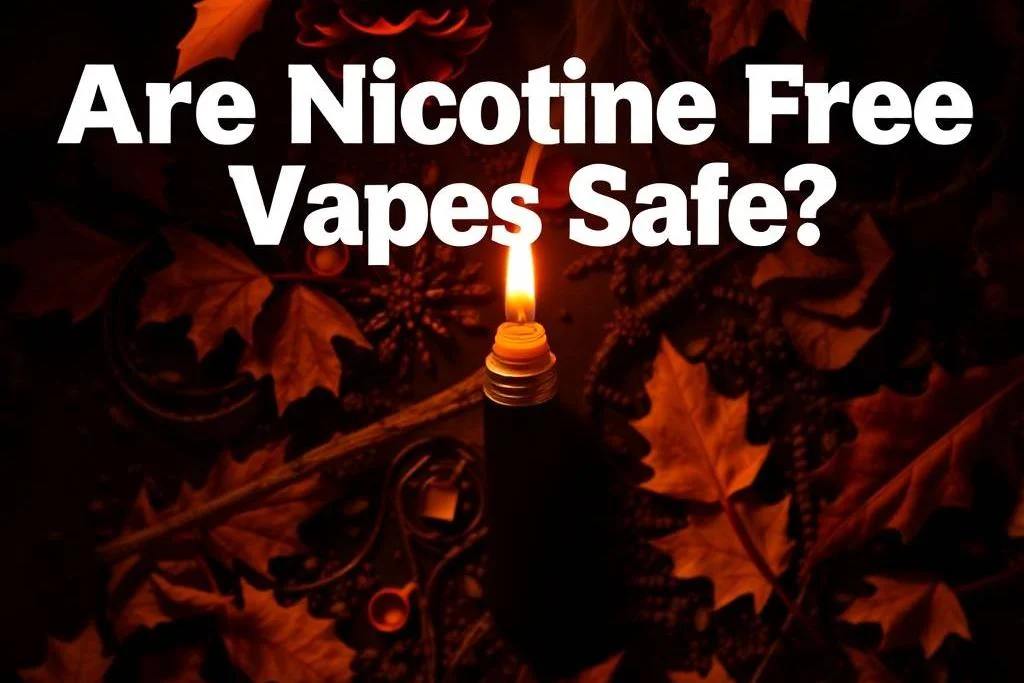
Are NicotineFree Vapes a Better Alternative to Smoking?
For smokers looking to quit, nicotine-free vapes may serve as a temporary solution, helping them gradually reduce their dependency on nicotine. However, they are not without risks. While nicotine-free vapes do not carry the same addictive potential as traditional cigarettes or nicotine vapes, they are not risk-free.
The safest option is always to quit smoking and vaping altogether, but for those who prefer to continue vaping, using products from reputable manufacturers that disclose ingredient lists and comply with safety standards is crucial.
Conclusion
Nicotine free vapes may be a safer alternative to nicotine-containing e-cigarettes, but they are not entirely risk-free. The long-term effects of vaping without nicotine are still not fully understood, and there are concerns about the potential risks to respiratory health and the impact of certain chemicals used in e-liquids. If you're considering vaping as an alternative to smoking, it may be worth discussing your options with a healthcare professional to find the best approach for your health.

